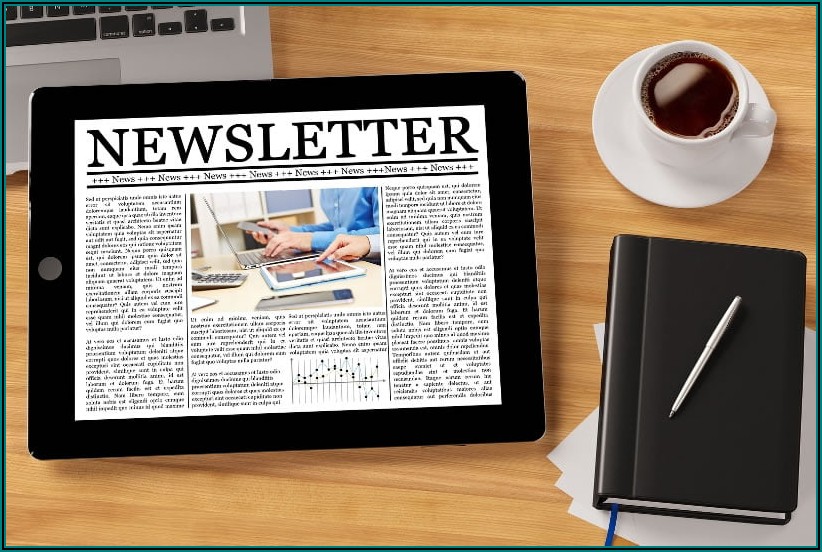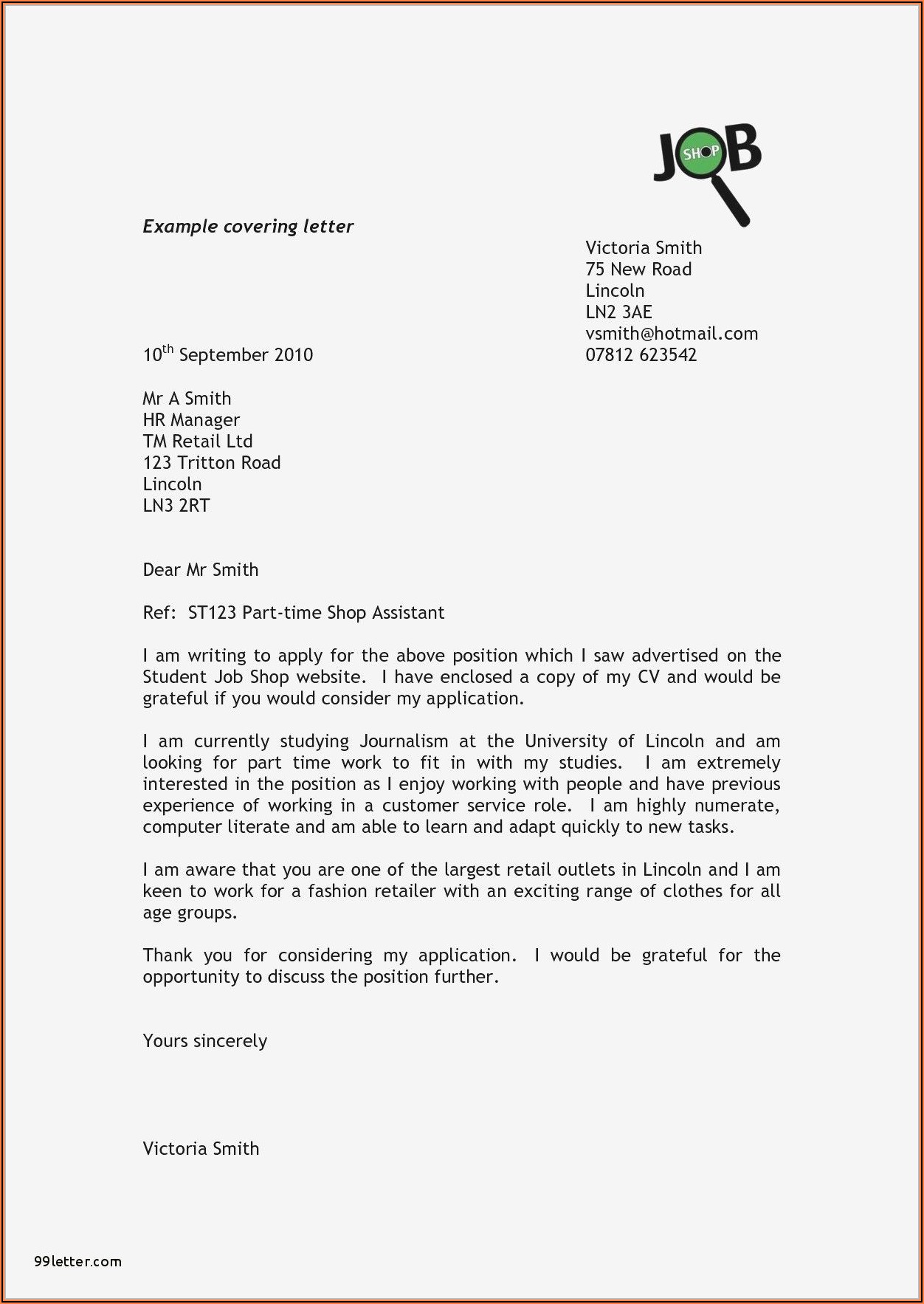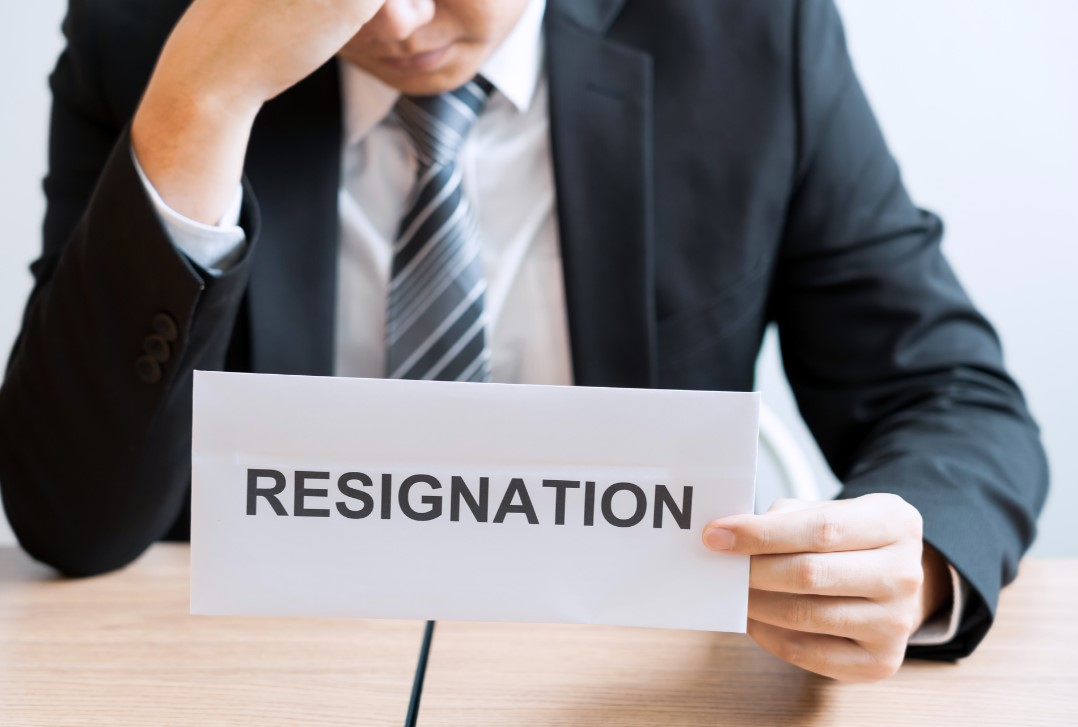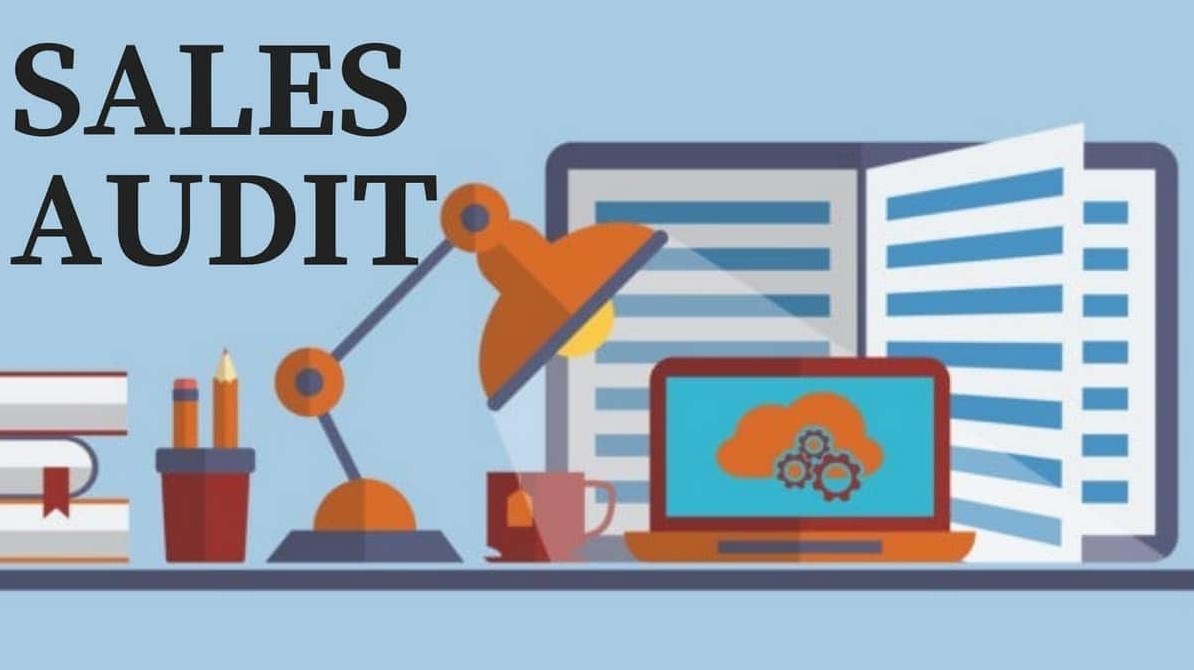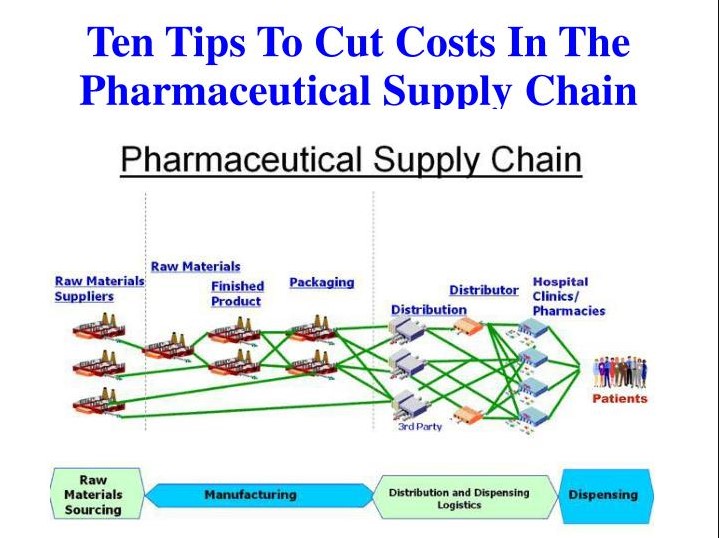We sit for hours in meetings. A few of them can be great. However, a lot of them are an unnecessary waste of time, which is something we do not have enough of. The tips below can ensure your meetings are productive and productive.
1. Find out what you are looking for to determine
If you don’t have a decision to make first, consider whether it is necessary to have the meeting, or if there is more efficient ways to achieve your goals. If you’re just trying to exchange information do you think an email or video the best way to do it?
2. The right people/the right type of meeting
If you are aware of the issue(s) that need to be resolved the participants must be able to flow easily. The kind of meeting you choose to hold should reflect the decision(s) that are being taken. If you’re looking to develop a new procedure it is a different type of meeting rather than a meeting to move a brand new product through the well-defined Phase Gate process.
3. Roles, roles, and roles
A few of the roles that need to be defined in meetings could be an Facilitator, an Owner A Timekeeper as well as an opponent (Devil’s Advocate) and a Note Taker. Other roles can be identified in Belbin’s Belbin Team Role theory. The format of the meeting and the way in which the group that is gathered helps to determine the roles that are needed.
4. Agenda is King
Directly linked to the intended goal or decision of the meeting there is no better tool for the session than the agenda since it defines the course that the conference will follow. Inquiring from participants ahead of the event, however after the objective(s) has been established, it is extremely beneficial in overcoming resistance and help establish expectations.
5. The Next Steps these
If there is no clear Next Steps without clear Next Steps accomplished. We’ve all left gatherings and commented the meeting was flurry of great discussions, but nothing has come from it. The publication of decisions and actions following every meeting will create the notion of taking action.
6. Pre-work is a pain, but well worth it
Based on the nature of meeting, this can be only a brief review of the agenda, and responding with remarks. We all have our own agendas and meetings that are not scheduled prior to work are seen as a source of irritation. It’s like exercise, you’re aware that it’s healthy for you and will help you perform better.
7. Follow-up
Next Steps evil twin. If there is no follow-up to ensure that the actions taken are taken into effect or that the next steps are taken care of meetings turn into an absurdity that nobody would take seriously. After a follow-up, people will be able to see that what was said is intended and things will be done.

